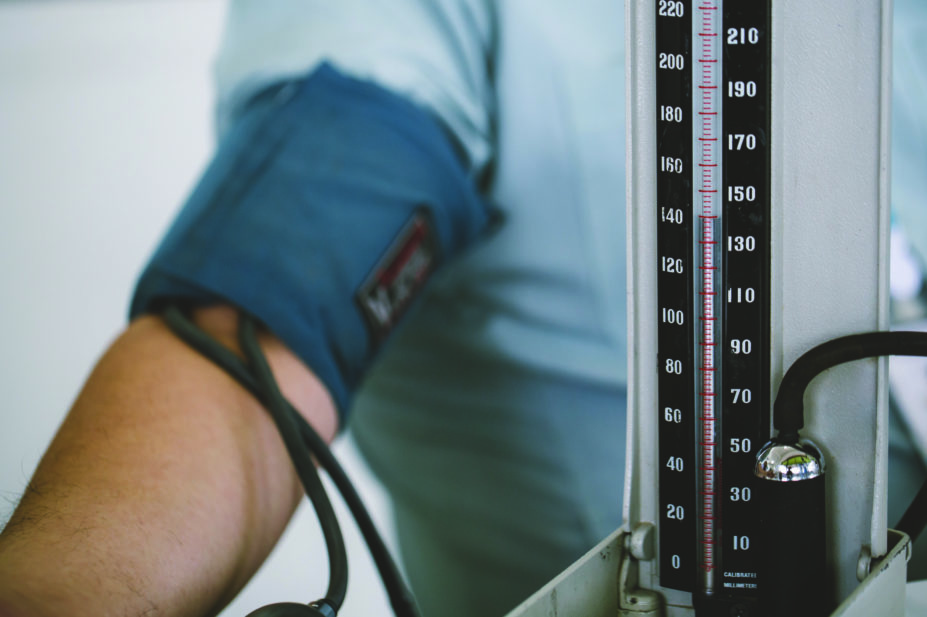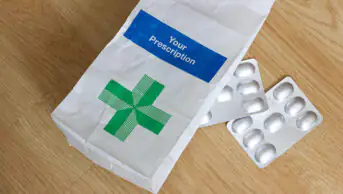
Shutterstock.com
Many patients with apparent resistant hypertension may just not be taking all their medicines, Dutch researchers have reported.
In a study looking at the effectiveness of a renal procedure in 124 patients who had uncontrolled hypertension despite being on multiple medicines, the researchers found that 80% were either poorly adherent or completely non-adherent to their prescribed drugs[1]
.
The research was designed to try to unpick why renal denervation — a catheter ablation procedure which destroys nerves controlling feedback between the brain and the kidneys — has seen such variable results in clinical trials.
As part of the study, patients’ adherence to their blood pressure medication was monitored and the researchers discovered that poor adherence was surprisingly high.
Study leader Peter Blankestijn, from University Medical Center Utrecht in the Netherlands, says: “People mistakenly thought to have resistant hypertension end up seeing specialists and undergoing extra tests because we don’t understand why they are so difficult to treat.”
Patients taking part in the study were unaware that the researchers were monitoring their medication adherence through blood samples taken during clinic visits to assess blood pressure.
In all, 95 patients were randomly assigned to undergo the renal denervation procedure while not changing their medication and a control group of 44 patients stayed with their usual medications alone.
The researchers discovered that one in five patients was not taking any of their medications, while the same proportion was taking all of their prescribed medications. Another 31% of patients either improved or worsened their medication compliance.
Primary analysis showed that average daytime systolic blood pressure fell by an additional 2.0mmHg in control patients compared with patients who had renal denervation — while remaining high in both groups. But among patients with similar blood levels of medication at each assessment, systolic blood pressure fell 3.3mmHg more in those who received the procedure than in controls.
However, the variation in medication adherence made it virtually impossible to quantify the effect of the addition of renal denervation to medical treatment, the researchers conclude.
Blankestijn says: “Adherence to medication greatly affects the ability to assess the value of another treatment, so researchers need to measure adherence and do what they can to improve it.”
Blankestijn also advises patients to be honest if they are struggling to take a medicine for any reason, so alternatives can be offered.
June Davison, senior cardiac nurse at the British Heart Foundation, says there are many reasons why someone might not take their medication.
“They may forget, they may be worried about side effects or it might be that they are unsure as to whether the medication is working. The last point is particularly true in people with high blood pressure, as they usually don’t have symptoms.”
She adds that it is crucial for healthcare professionals to talk to people about their medicines and encourage open and honest communication, so people can express concerns and alternative options can be discussed.
References
[1] de Jager R, de Beus E & Beeftink M et al. Impact of medication adherence on the effect of renal denervation: the SYMPATHY trial. Hypertension 2017;69:678-684. doi: 10.1161/HYPERTENSIONAHA.116.08818


